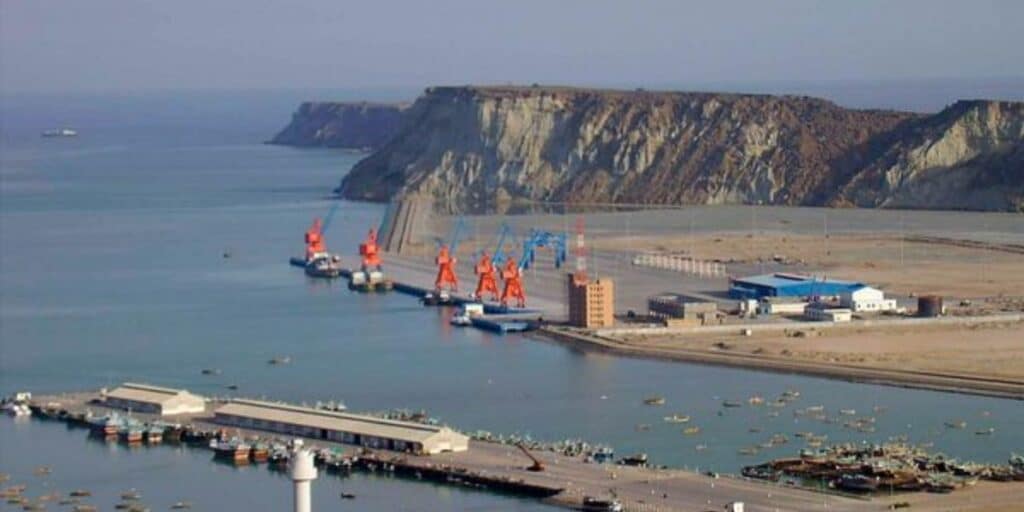KARACHI: In a major push to position Gwadar as a premier regional trade hub, Chairman Gwadar Port Authority, Noor ul Haq Baloch, chaired a series of high-stakes meetings with international shipping giants and business leaders in Karachi this week.
The central meeting at the PNSC Building brought together members of the All Pakistan Shipping Association, where the Chairman detailed the port’s operational readiness. He announced that Gwadar Port is now fully equipped with advanced cargo systems, a water treatment plant, and crucially, has been connected to the national grid. A 1.2 MGD desalination plant is also operational, addressing a critical infrastructure need.
Highlighting the port’s competitive edge, Baloch emphasized “zero waiting time” for vessels and an annual handling capacity of 3.5 million tons. He also outlined incentives in the Gwadar Free Zone, including tax exemptions and long-term leases, revealing that two foreign companies have already initiated projects.
In pivotal one-on-one meetings, global leaders in shipping showed strong interest. During talks with Hapag-Lloyd, discussions centered on transit trade and feeder services, with the Chairman highlighting that the upcoming Naukundi-Gwadar route will slash the distance to Central Asia to just 600km—half the current route via Karachi.
In a separate meeting with Mediterranean Shipping Company (MSC), CEO Khurram Niazi expressed a long-standing interest in commencing cruise, breakbulk, and fertilizer operations from Gwadar. The Chairman offered MSC a free office in the Free Zone to facilitate their market entry. Both sides, along with Hapag-Lloyd, agreed to form technical working groups to develop concrete proposals, signaling a significant step towards making Gwadar a low-cost, fast-turnaround port for international trade.
In separated but related development a large-scale, coordinated effort is underway to resolve the water crisis in Gwadar, with authorities supplying millions of gallons of water daily from multiple sources to meet the city’s needs.
Following directives from the Balochistan government, the district administration, Gwadar Development Authority (GDA), and the Public Health Engineering (PHE) Department are working together on emergency water supply operations.
According to official details, the GDA supplied over 1.4 million gallons from the Shadi Kaur Dam via pipeline. An additional 1.05 million gallons were transported by 104 water tankers from the Mirani Dam. The Gwadar Port Authority also contributed by distributing 780,000 gallons of clean water from its desalination plant to residents in the Old Town area.
The PHE Department extended the relief to surrounding towns, supplying water to Jiwani, Chep Kalmaty, and other n





